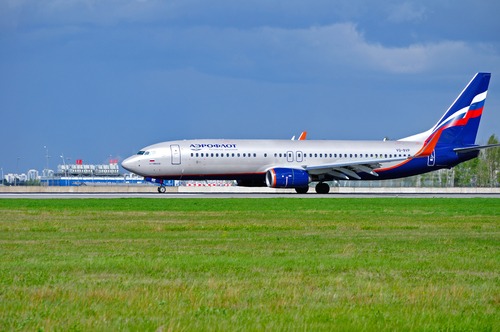
The International Air Transport Association (IATA) recently called on the Russian Federation to maximize the economic and social benefits generated by its growing air transport sector by implementing global standards and best practices.
“Russian aviation is on an upward curve,” IATA’s Director General and CEO Alexandre de Juniac said. “The new optimism can be seen in everything from the preparations to receive millions of visitors for the 2018 World Cup, to the desire to create a new generation of passenger jets. To write the next chapter in the successful development of Russian aviation, the country must continue to align with global standards and best practices. Ratification of MP14 and volunteering to join the CORSIA carbon offsetting agreement would send a powerful signal that Russia is taking a leadership position in global aviation affairs.”
Current estimates show that aviation and aviation-enabled tourism supports 1.1 million jobs and 1.6 percent of Russian gross domestic product. Passenger service growth increased over 12 percent this year while there was significant growth in air freight services as well.
The Russian air transport sector has also shown positive impacts with the implementation of global safety standards. There have been no fatal jet aircraft accidents by Russian carriers over the last three years. Looking at the all-accident data for 2016, however, there is still a gap between Russia performance of one accident per 400,000 flights and the global average of one accident per 620,000 flights.
Additional strengthening of aviation’s economic and social benefits could be achieved with an even greater implementation of three crucial global standards, according to the IATA. Those standards include ratification of the Montreal Protocol 2014, which gives greater powers to states regarding the prosecution of unruly passenger behavior; volunteering for the Carbon Offsetting and Reduction Scheme for International Aviation, a global agreement to help achieve carbon-neutral growth for aviation by 2020; and ensuring that the benefits of the recently-ratified Montreal Convention 99 are fully implemented, by guaranteeing customs and border authorities are ready to accept paperless cargo shipments.